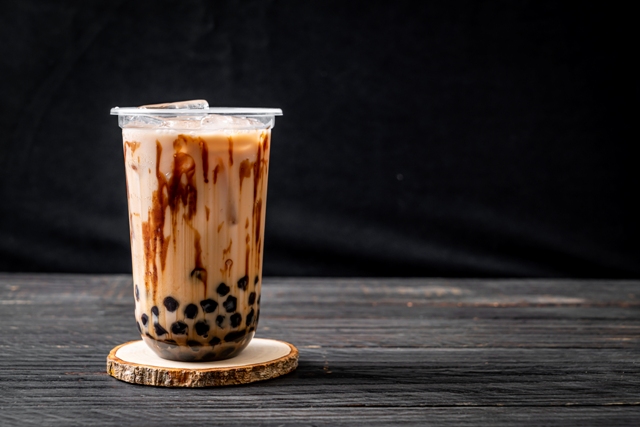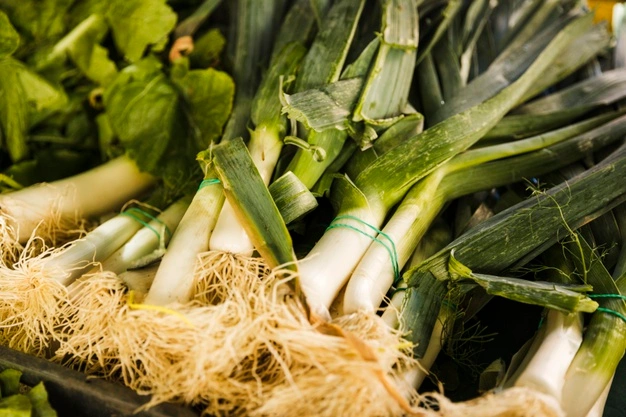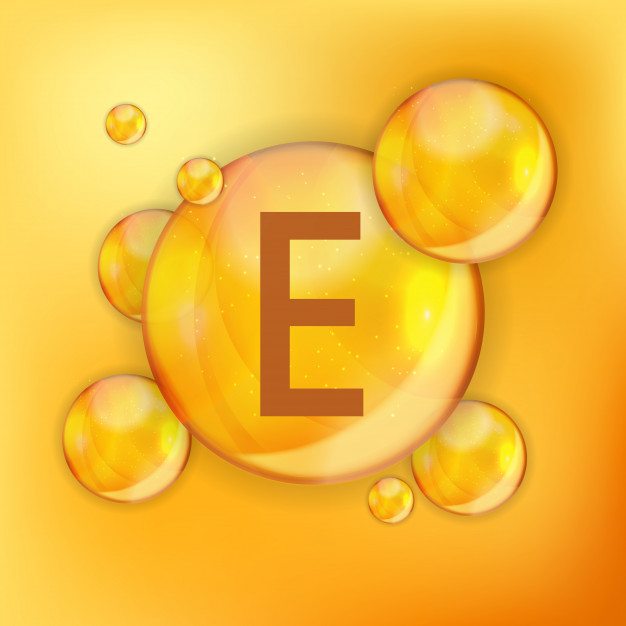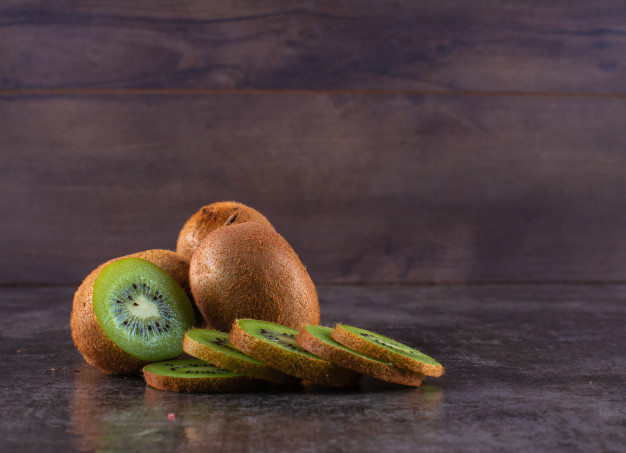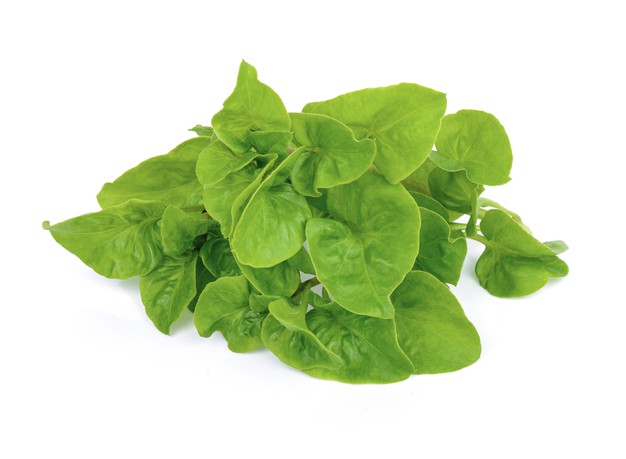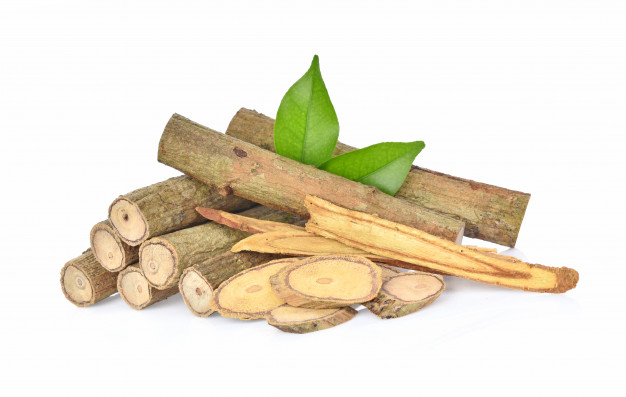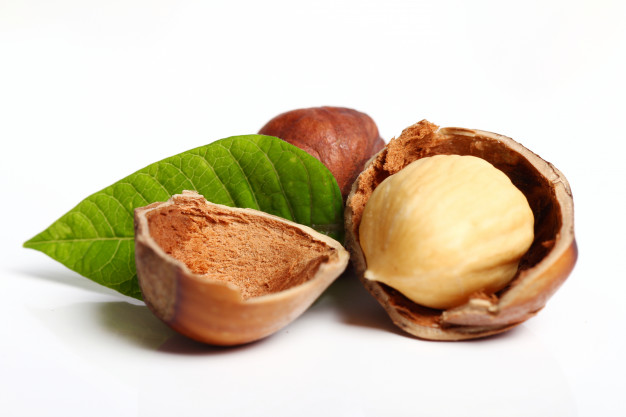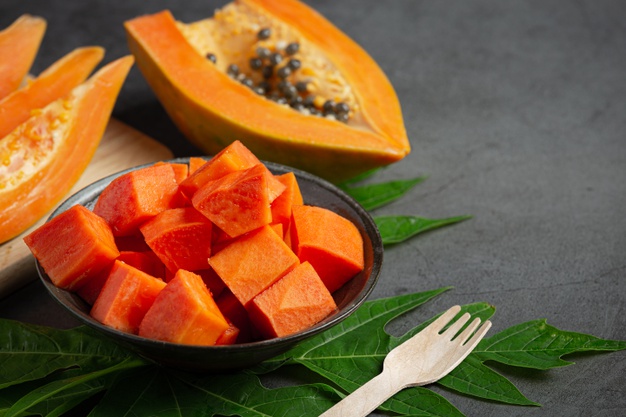Bubble tea is very popular Taiwanese beverage, also known as bubble milk tea or pearl milk tea. It is basically composed of tea base such as black tea or green tea or white tea, which is shaken or mixed with milk, fruits or fruit jellies that sink to the bottom. Ice is often added to the mixture. It is extremely tasty as well as nutritious and offers numerous health benefits.
Type of bubble tea
Milk bubble tea
- Milk alternative is used for preparing this type of bubble tea
- Basically condense milk or soy milk or non dairy creamer milk or coconut milk or low fat milk or almond milk are used as milk substitute
Fruit flavoured bubble tea
- It is most available variety of bubble tea
- It is mainly prepared by using various fruits like green apple, strawberries, lychee, green apple, grapes, watermelons, bananas, pineapples, jackfruits, kiwi and cantaloupes
Hybrid fruit milk bubble tea
- This tea is basically a combination of milk, jelly and fruits
- This type of tea tastes relatively sweeter than others
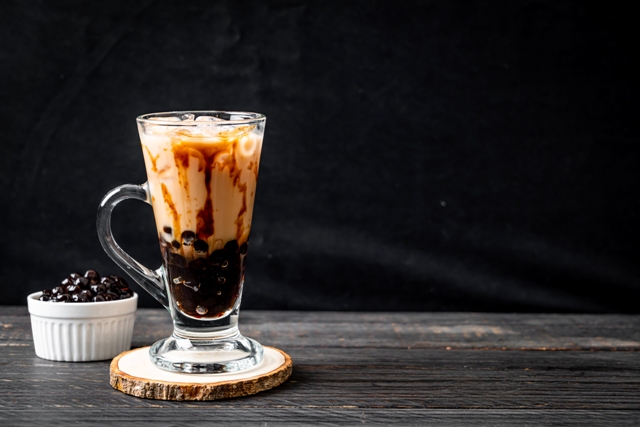

Nutritional profile
As it is prepared with tea, milk, fruits and sugar thus it is considered as a nutrient dense tea, which is loaded with numerous micronutrients as well as carbohydrates, proteins and fats. It contains polyphenolic components too.
Biological activity
Antioxidant activity
- Micronutrients and polyphenolic components of bubble tea are responsible for exerting antioxidant activity
- It helps to decrease the concentration of free radicals in body thus helps in protecting the body from free radical induced oxidative damages, which ultimately reduces the risk of developing chronic diseases
- It helps to prevent cellular damages as well thus helps in promoting wellbeing
Anti-inflammatory activity
- Polyphenolic components of bubble tea play vital role in preventing inflammation as they help to decrease the concentration of inflammatory mediators in body, which ultimately delay the onset of inflammatory events as a results reduce the prevalence of chronic inflammatory diseases
- It is also associated with improving joint health by preventing swelling thus its consumption is believed to be very much helpful for improving the symptoms of arthritis
Anti-carcinogenic activity
- Its polyphenolic components are accountable for exhibiting anti-carcinogenic activity
- Its oxidative stress reducing capacity is also responsible for decreasing the prevalence of carcinoma by hindering the growth of malignant cells and tumor cells in body

Health benefits
Role on immunity
- It helps in strengthening the defense mechanism of body as a result helps to make the body able to fight against diseases
- As it contains various fruits thus it is rich in micronutrients, which are also responsible for boosting up the immunological responses of the body
- Its antioxidant activity is accountable for protecting immune cells from oxidative damages as a result helps in sustaining their activity, which ultimately helps to promote immunological activity too
- Due to the presence of fruits, bubble tea is considered as a good source of Vitamin C as well. Vitamin C plays vital role in stimulating the production of WBC, which helps to fight against infections thus helps to reduce the susceptibility of becoming ill
- On the other hand protein, present it bubble tea (mainly derived from milk) helps in the production of immunoglobulins
Role on energy production
- Consumption of bubble tea is considered as one of the most effective ways of increasing energy level of the body as it helps to provide instant energy
- Its carbohydrate content is recognized as the main source of energy
- It acts as fuel for various organs like brain, muscles as well as heart and helps them to function properly
- Consumption of bubble tea is also associated with making an individual energetic throughout the day and significantly lowers the prevalence of general weakness or fatigue

Role on skeletal health
- It contains various imperative nutrients that help in improving the overall health and activity of skeletal system
- As it contains milk and fruits thus it is considered as a good source of protein, vitamins and minerals, all of which are extremely beneficial for strengthening the skeletal system
- Especially the calcium and phosphorus components of bubble tea are considered as the principal components that help in healthy bone formation
- It is also associated with enhancing bone mass and bone mineral density as a result helps to decrease the prevalence of bone thinning, which ultimately lowers the susceptibility of bone deformities and fractures
- It is related with making the bone tougher as well, thus it helps an individual to carry out his or her regular activities without breaking any bones
- It helps to improve the symptoms of osteoporosis too
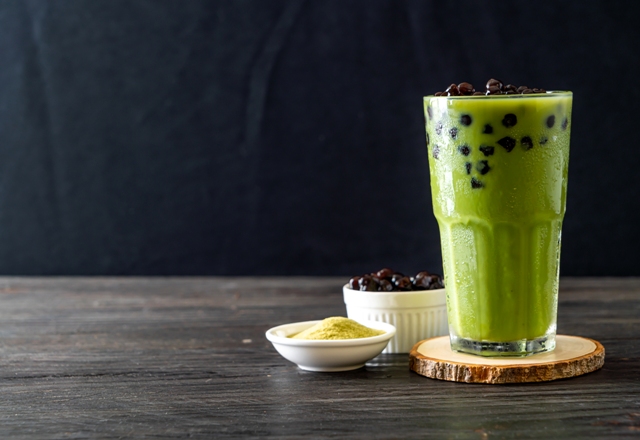
Role on nervous system
- It has seen that consumption of bubble tea plays imperative role in boosting up the activity of both central and peripheral nervous system
- Protein present in bubble tea helps in the growth and development of brain
- Micronutrients of bubble tea are also accountable for enhancing brain functionality
- Its antioxidant activity plays vital role in protecting nerve cells from free radical induced oxidative damages and it is also associated with delaying the onset of neuro-inflammatory events within body, which ultimately reduce the susceptibility of neurological disorders
- Its carbohydrate content acts as the primary source of energy for brain thus its consumption is thought to be extremely effective for supporting the brain to function properly
- Its consumption is also associated with improving memory and cognitive ability

Role on mental health
- Consumption of bubble tea is extremely helpful for promoting overall mental health status
- It contains caffeine that helps to refresh the body
- It helps to reduce the tense muscles of the body, which ultimately decreases the stress level. Individual who are on stressful activities are advised to include bubble tea in their diet
- It is also associated with providing a calmness to the body that helps to lighten the mood and also helps to prevent anxiety and restlessness
- It is responsible for exerting a positive feeling as well
- In one word, it is just awesome. The freshness, an individual can get by sipping the beverage is unspeakable
Therapeutic uses

It is also used for various therapeutic purposes, like –
- It helps in the growth and development of connective tissues as Vitamin C present in bubble tea helps in collagen production
- Though it is a calorie dense and sugar rich beverage thus its consumption is not always healthy for cardiovascular system but if the healthy version of bubble tea can be consumed then it may improve the cardiac health
- It helps to protect blood vessels from oxidative and inflammatory damages as a result helps in improving endothelial health and functionality, which ultimately helps in smooth blood circulation and also lowers the risk of developing atherosclerosis
- It also helps to decrease the prevalence of coronary artery diseases in later life
- It helps to prevent hypertension
- It helps in wound healing as well
- It helps in preventing obesity too
- It also helps to nourish the skin health and helps in making the skin healthy and supple
Risk factors
It should be consumed in moderation. As it is rich in calorie and sugar thus its over consumption may increase the risk of obesity, hyperglycemia and cardiovascular diseases.
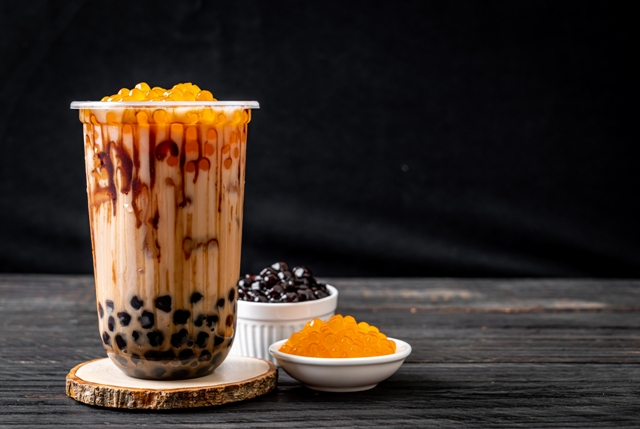
Source:
Lin, C.S., Yang, C.J., Chen, P.J., Liu, K.W., Lin, H.P., Lin, C.C., Lee, Y.C., Cheng, W.C., Wei, C.I. and Tsai, Y.H., 2019. Assessment of microbiological and chemical quality of bubble tea beverages vended in Taiwan. Journal of food protection, 82(8), pp.1384-1389.
Min, J.E., Green, D.B. and Kim, L., 2017. Calories and sugars in boba milk tea: implications for obesity risk in Asian Pacific Islanders. Food science & nutrition, 5(1), pp.38-45.
Subagio, D., Budiastuti, A., Riyanto, P. and Widodo, Y.L.A., 2021. Association between Bubble Tea Consumption and Prevalence of Acne Vulgaris. Cermin Dunia Kedokteran, 48(7), pp.383-386.
Tea, B., 2014. Bubble Tea Toppings. Teaching Science In Culturally Relevant Ways: Ideas From Singapore Teachers, 35.
Tea, W.I.B., What is Bubble Tea?| Insider Secrets on Bubble Tea.
